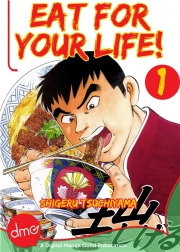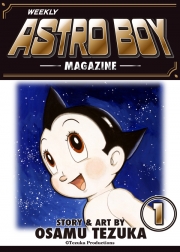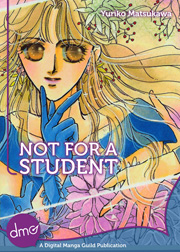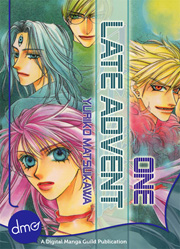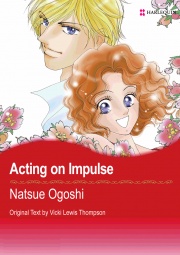Eat for Your Life Volume 1 by Shigeru Tsuchiyama
This book is available on emanga.com
I do enjoy food manga now and then, and since unfortunately this is a genre that we only get a small sampling of here I’m always interested in a new title. While there are plenty of manga that I’ve read devoted to particular dishes or types of food, eating with friends, or in the case of Toriko eating incredibly weird things, this is the first eating competition manga that I’ve read. I found the combination of sports manga plot structure and endless drawings of bowls of katsudon compelling.
Ohara is a salaryman with a reputation as a gourmet. Perpetually broke due to his habit of going on food tours, he stumbles across an eating competition and decides to try his luck. Ohara fails, but he catches the eye of a professional food competitor named George. I could tell at a glance that George was going to be Ohara’s eccentric mentor because he was wearing a fringed leather jacket, sunglasses, and a ponytail. George appreciates Ohara’s ability to savor what he is eating as well as his rudimentary but sound eating technique.
Ohara begins to be pulled into the world of competative eating, but with some informal coaching from George, he might be ready to take his love of eating to the next level. The situations and characters in Eat For Your Life follow the “try your best” theme of most sports manga, except here one tries to conquer insane serving amounts of food as opposed to facing an opponent on the sports field. Eat For Your Life was amusing. The art was well executed, but not particularly distinctive, and there wwas a decent amount of humor as Ohara reacts with a rookie’s amazement to the world of competitive eating. I recommended this title for foodie manga fans.
Electronic access provided by the publisher.
